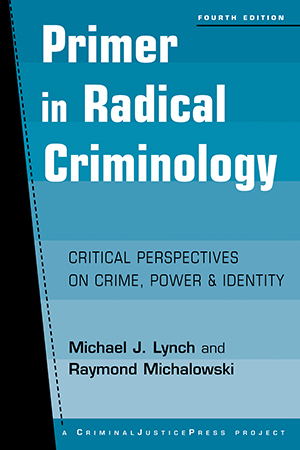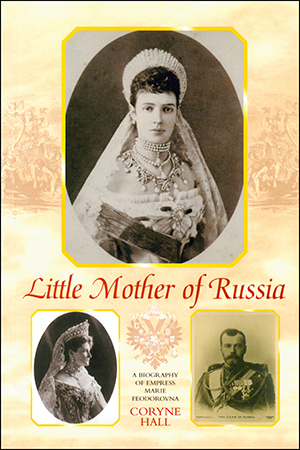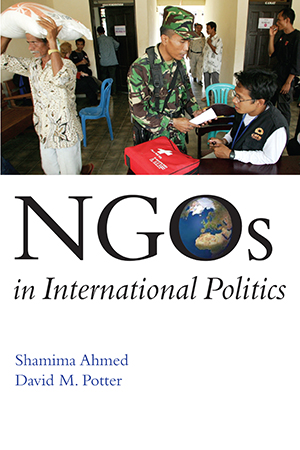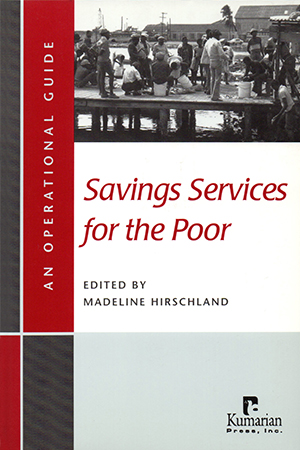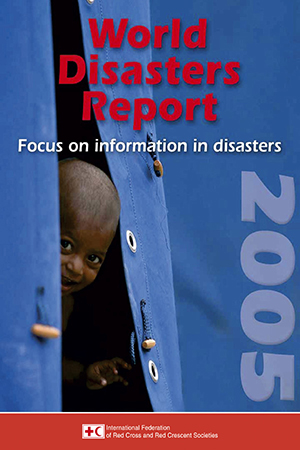BOOKS
This acclaimed textbook insightfully frames the problem of crime in relation to class, race, gender, culture, and history. More >
What practical steps can reduce child abuse? The authors of this provocative work argue that child sex offending is strongly influenced by opportunities to offend, and that analyzing the More >
Why has youth crime been rising in the developing countries, and how well have their juvenile justice systems responded to this trend? This anthology profiles delinquency rates and juvenile More >
The authors provide both practical guidance and general principles for successfully implementing crime prevention projects. More >
In her moving reflection on growing up as the daughter of refugees from Hitler's Europe, Carol Ascher explores the conflicts of an émigré childhood and chronicles her More >
National Jewish Book Awards Finalist! The editors have gathered a treasure trove of excerpts (some translated into English for the first time) from a variety of genres—novels, short More >
Coryn Hall presents us with a new and accessible biography of Empress Maire Fedorovna, who was married to Tsar Alexander III of Russia, and mother to Nicholas II . This insightful More >
NGOs in International Politics surveys the full spectrum of NGO activities and relationships in a manner accessible to undergraduate students. In Part 1 of the book, the authors discuss More >
In Savings for the Poor, Madeline Hirschland and other leaders in the microfinance field provide practical guidance for developing and managing sound savings operations for small and rural More >



